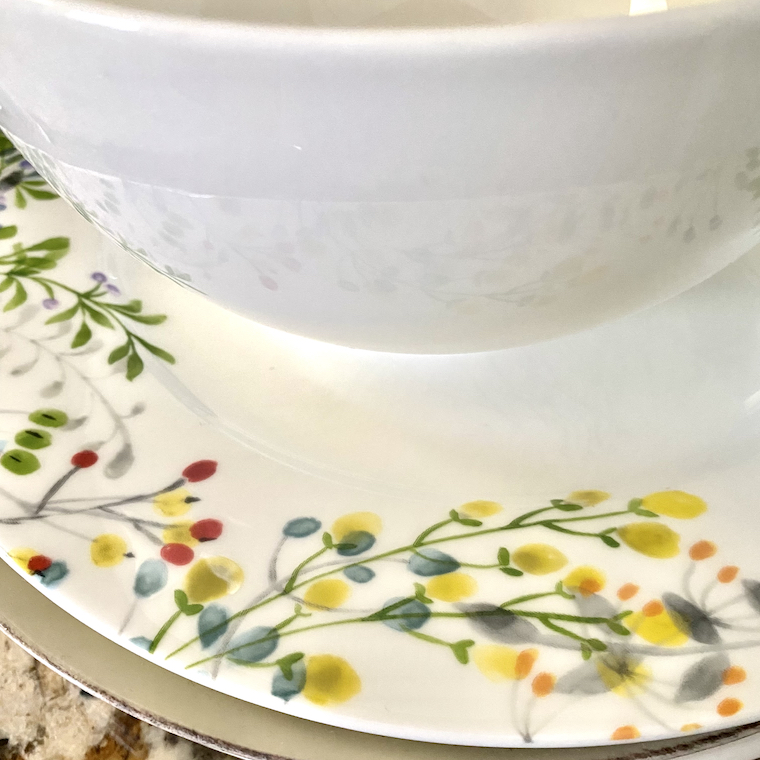When I first started exploring meditation and mindfulness, I began with Thich Nhat Hanh’s book ‘The Miracle of Mindfulness: An Introduction to the Practice of Meditation’. It was a very good place to start, even if my skeptical mind wasn’t quite ready at the time to receive much of its wisdom. In fact, the chapter on finding mindfulness when washing dishes at the kitchen sink almost had me giving up on the whole endeavor.
Back then, I wasn’t about to discover mindfulness while washing dishes at the kitchen sink. I wasn’t about to discover anything while washing dishes at the kitchen sink other than annoyance or agitation, because how on earth would any sane person find something as wonderful as mindfulness in such a position? It took a while, and a lot of dishes, before I pushed through and began to understand.
My unlocking of the possibility for mindfulness came to me in the shower, as so many things do. (I need a waterproof board and marker for all the genius thoughts and ideas that have gone down the drain because I couldn’t remember them thirty seconds later.) I’d been reading the book and trying to put Hanh’s words into practice, taking the time and making the effort to be mindful and present in the moment, just experiencing every sensation and granular movement in and of themselves, and suddenly it clicked. That shower remains in my mind as a turning point, when I realized that, with some care and focus, I could find mindfulness in the most mundane of tasks, and a certain peace could result from doing so.
That was two years ago. I’ve been meaning to revisit Thich Nhat Hanh’s book to see what I likely missed that first time around. On a recent morning, two years ago to the date of that mindful shower oddly, or not oddly, enough, I found myself washing the pan and plate from a quick breakfast I had made. As I ran the dishes under the hot water and watched the soap bubbles gather, I remembered the notion of ‘washing the dishes to wash the dishes’. Over the years, my repulsion of doing dishes had eased, and I took these moments as opportunities to be calmly with myself, especially on mornings where Andy was in bed and probably wouldn’t be thrilled to come out to a sink full of plates.
As I rinsed off my plate and turned it round within a dish towel, I felt the texture of the fabric in my hands, the residual warmth of the clean, smooth plate, and the delicate scent of lemons drifting up from the soap. My eyes moved to the window, where I watched an icy mix fall almost imperceptibly from the sky – gray precipitation from a gray bank of clouds falling on gray fences and gray land. I saw the beauty there – the subtle beauty of winter – and I felt the beauty by being absolutely present in the stillness. There, then, was the moment of mindfulness. All other worries and tensions eased while the dishes were being washed. Appreciating them for their service – the vessels in which a sustaining meal was carried to my mouth – I placed them carefully back in their places.
“If while washing dishes, we think only of the cup of tea that awaits us, thus hurrying to get the dishes out of the way as if they were a nuisance, then we are not “washing the dishes to wash the dishes.” What’s more, we are not alive during the time we are washing the dishes. In fact we are completely incapable of realizing the miracle of life while standing at the sink. If we can’t wash the dishes, the chances are we won’t be able to drink our tea either. While drinking the cup of tea, we will only be thinking of other things, barely aware of the cup in our hands. Thus we are sucked away into the future—and we are incapable of actually living one minute of life.” ~
Back to Blog

